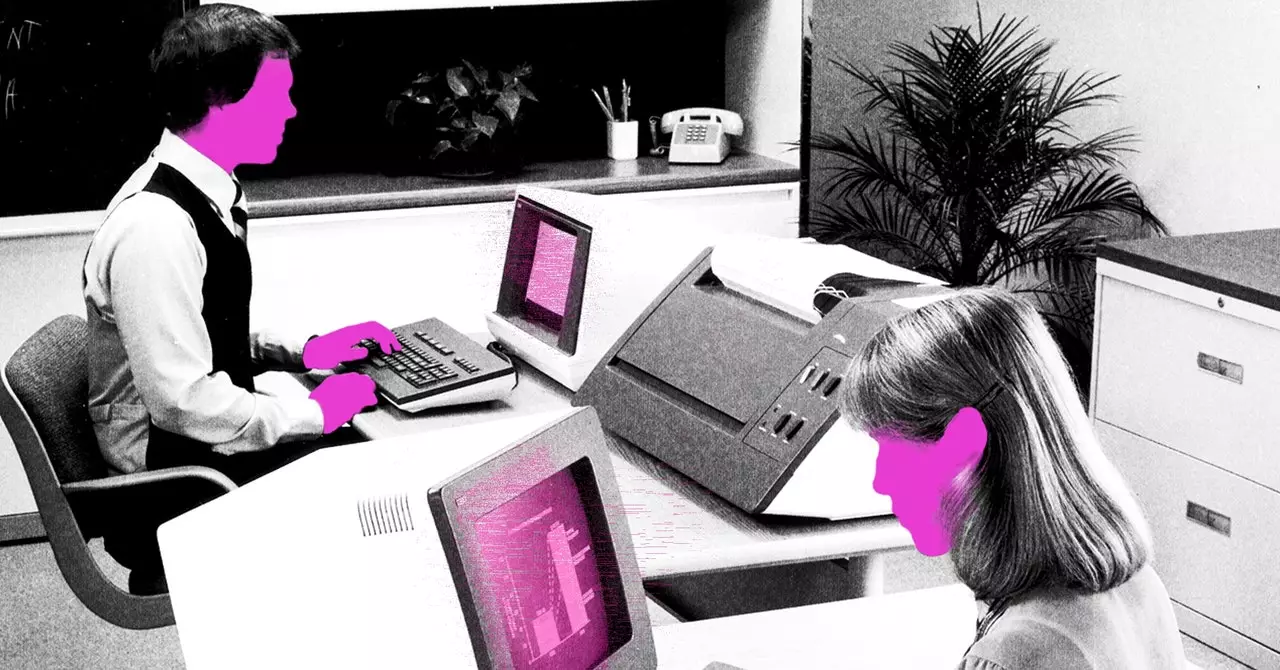Generative artificial intelligence (AI) has ponderous implications that stir a mix of excitement and skepticism among technology enthusiasts, industry professionals, and ethicists. While the promise of AI-generated tools looms large, an unsettling underbelly persists—algorithmic biases, the appropriation of creative work, and the strenuous environmental costs associated with the training of model algorithms. Such issues are not trivial; they reach into considerations of fairness, accountability, and sustainability. On the flip side, what cannot be overlooked is the remarkable capabilities that generative AI offers, particularly when it pivots the lens towards prototyping and innovation.
This unique capacity for rapid development and experimentation has sparked a series of initiatives, one notably found in the Sundai Club situated near the Massachusetts Institute of Technology (MIT). This monthly gathering serves as a breeding ground for creative minds focused on exploring the intersections of technology and social responsibility.
Sundai Club is not an ordinary hackathon; it embodies a collective ambition that is actively fostered through collaboration by students from MIT, Harvard, and industry professionals alike, including armed forces personnel. This rich diversity fuels brainstorming sessions that often yield groundbreaking ideas. Importantly, the organization is underpinned by Æthos, a non-profit organization dedicated to promoting socially responsible AI applications.
At each Sundai Club meeting, participants sift through a plethora of ideas, honing in on relevant projects that tackle pressing societal challenges. Recent discussions have yielded imaginative propositions aimed squarely at enhancing journalistic practices through technological means. Such proposals included innovative uses of multimodal language models to monitor political discourse on platforms like TikTok and tools designed to streamline the process of filing freedom of information requests.
The culmination of one of these intellectually stimulating sessions resulted in the inception of AI News Hound—a tool specifically crafted for journalists to delve into the rich material housed on Arxiv, a repository of research papers. The team undertook this direction primarily because it resonated with the expressed need for enhanced access to critical academic research, a necessity in the information-dense world of journalism.
Employing the OpenAI API, the developers engineered a word embedding model that allows users to parse vast quantities of research content efficiently. This mathematical representation of language enables the extraction of relevant papers based on specific terms, thus facilitating connections across diverse fields of study. The resulting framework serves as a bridge, connecting journalists to a treasure trove of information while identifying significant threads and conversations taking place on platforms like Reddit and Google News.
The manifestation of this tool may have started in a rough form, but its vision underscores a pivotal turning point—illustrating how generative AI can coalesce with journalistic inquiry to unearth valuable insights and enhance the reporting process.
The advent of tools such as AI News Hound invites a comprehensive reflection on the potential and pitfalls of integrating generative AI into various professional realms. The emerging dynamic paints a transformative picture where technology can streamline workflows, democratize access to information, and foster informed dialogue. However, with these benefits also arises the ethical responsibility to address the critical concerns surrounding algorithmic bias, misinformation, and environmental impacts.
In a society that increasingly relies on data-driven insights, the integration of generative AI not only highlights the necessity for creativity and innovation but also the imperative for ethical considerations. The Sundai Club’s endeavors illustrate how collaborative initiatives can yield results that harness the strengths of technology while being acutely aware of the societal implications.
As we look toward the future, the ongoing exploration of generative AI within collaborative frameworks, such as the Sundai Club, provides a glimpse into the potential for positive change—a world where creativity, responsibility, and curiosity coalesce to inform and educate. The journey may be fraught with complexities, but it undoubtedly paves the way for new frontiers in journalism, technology, and beyond.


Leave a Reply